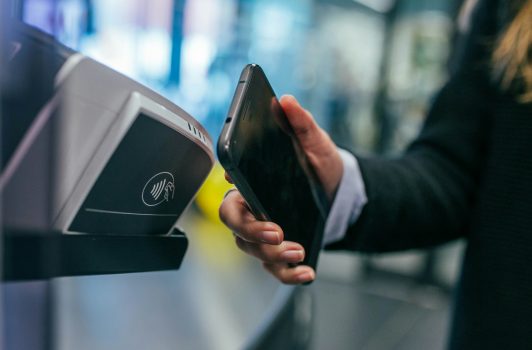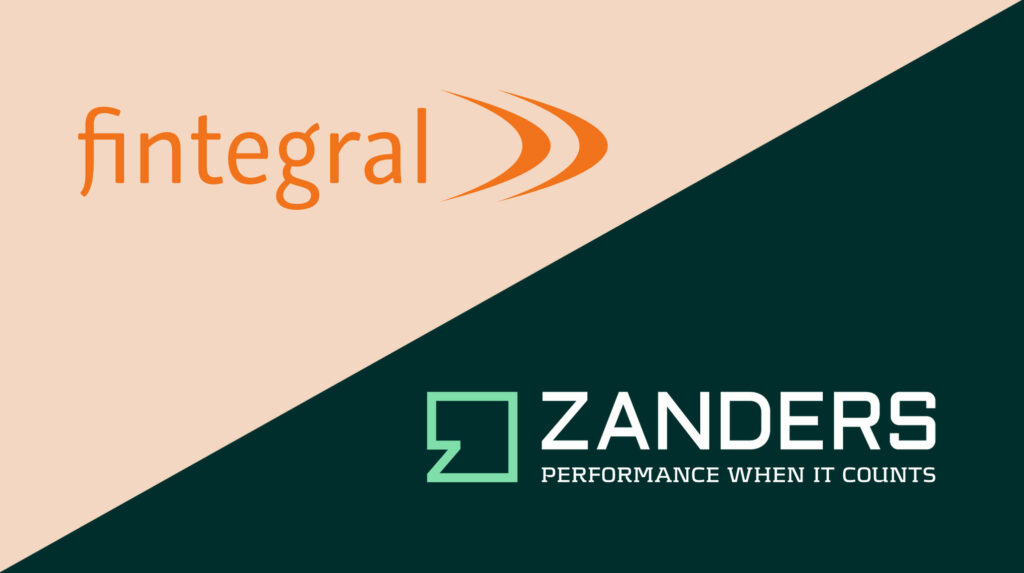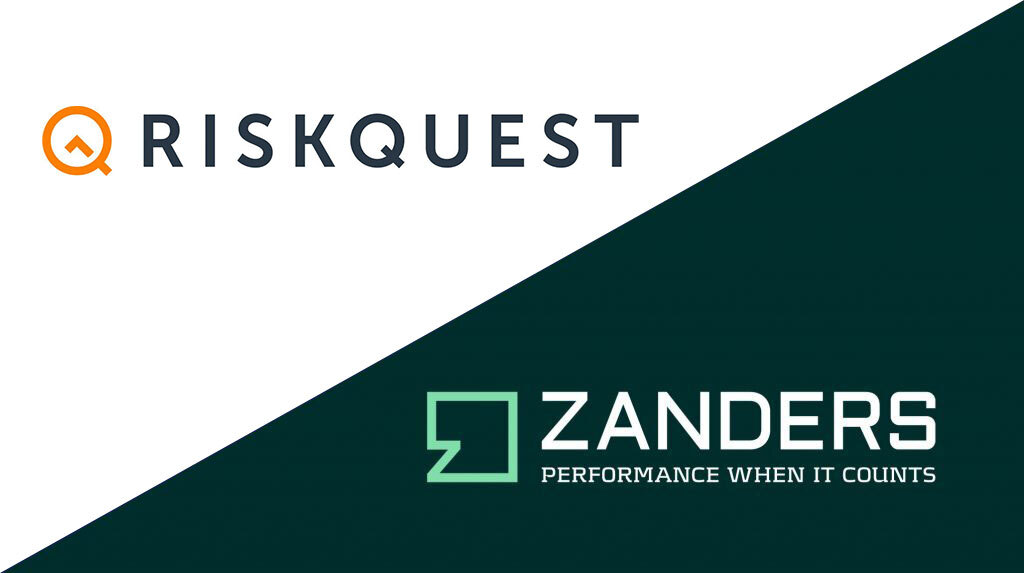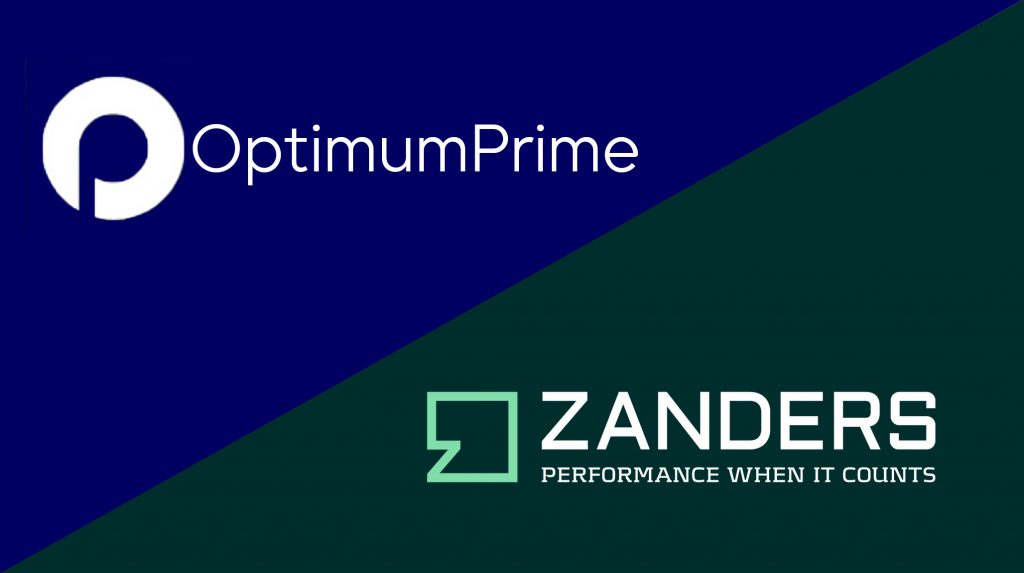- Digital Treasury
- Fit for Future Treasury Teams
- Financial Resilience
- Increasing Treasury remit
Digital Treasury
Implementing and deploying fit-for-purpose technology in the Treasury function continues to be one of the main themes for Treasurers. The importance of embracing technology, with the aim to become a Digital Treasury function, stems from both internal and external drivers. Due to the strategic position of Treasury within the broader Finance function, different factors (like new regulations, volatility in financial markets, political decision making and economic instability, et cetera) lead to a broader and more complex remit. At the same time, treasurers are expected to implement cost reduction programs while simultaneously facing increasing performance requirements, and the expectation to present accurate and real-time transparency on liquidity, cash flows and exposures. Technology is the key enabler for a future proof value adding Treasury organization including to effectively manage the change in Treasury’s traditional tasks (e.g. requirement for real-time liquidity and exposure data) as well as new tasks (e.g. include ESG Financing, broader working capital responsibility or new B2C payment methods).
A Digital Treasury or Treasury 4.0 as it is often called is defined by certain characteristics:
- Treasury Target Operating Model which is ‘fit for purpose’, this means a formalized governance structure and mandate for the Treasury function in combination with the organizational structure in which ‘virtual’ centralization is achieved by means of technology.
- Fully integrated and automated Treasury operations to reach the highest degree of Straight Through Processing (STP) were possible, which effectively leads to a Manage by Exception (MBE) structure.
- Utilize exponential technology in a standardized way with a clear focus on the additional benefits of this new technology. Deploying exponential technology, like blockchain, AI, robotics, et cetera, should be a means to an end and not a goal in itself for Treasury.
- Enable a ‘Real-time’ Treasury by having real-time data available, process payments on a real-time basis and have access to real-time liquidity.
- Build a resilient Treasury framework of both governance, methodology and technology components to allow Treasury reacting to different scenarios and to anticipate them.
- Shift focus on the full financial supply chain and working capital management by expanding process design and data flow beyond the core Treasury activities.
By embedding Treasury into the financial supply chain regarding processes and data it enables Treasury to work in multiple unforeseen scenarios and make informed decisions based on analytics. When we talk about Treasury data and analytics the “ABCD of Digital Treasury” is paramount, which are:
- Artificial Intelligence (AI) & Application Programming interfaces (APIs)
- Blockchain & distributed ledger technology
- Cloud computing
- Data & advanced data analytics.
As part of the Treasury transformation towards a Digital Treasury, there should be a clear focus on deliverables and output to ensure these are fully aligned with CFO and other business partners expectations. Given the trend of increased focus on performance, it is key to utilize the power of technology which enable Treasury to elevate the quality of deliverables and output. For example, AI can be used to adjust forecasted cash flows based upon the historical patterns behind actuals and forecast variances as well as assisting in decision making in the area of foreign exchange risk or commodity price risk management.
The concept of real-time Treasury has become one of the hottest topics in Treasury over the last few years. The availability of real-time data, payments and liquidity can take away many inefficiencies in Treasury’s day-to-day operations. Thanks to growing adoption of exponential technologies such as APIs and Blockchain, Treasury teams can access external real-time data in a speedy and precise manner. Being able to obtain data from all relevant sources in real-time reduces the manual work, decreases the possibility of errors, and improves the decision-making capabilities of Treasury teams. Rather than having to wait and be constraint by bank cut-off times and end of day processing, Treasury teams can operate more efficiently by achieving actual real-time visibility from faster payments to settlements.
In the pursuit of a better payment system, real-time payments have been evolving and creating a safer, more efficient, and accessible environment. Numerous countries have been creating new payment rails and upgrading their infrastructure to support secure real-time payments. We are seeing blockchain technology challenging the existing payment solutions such as SWIFT to enable real-time payments with extended data and enhanced tracking and tracing at a lower cost.
Real-time payments give rise to the need of real-time liquidity. Banks might offer a solution that enables to leverage liquidity across multiple accounts (without the need to have intraday limits). So, if a bank account requires liquidity to make payments, the bank will look across other bank accounts to check whether other liquidity can be used to cover the payment need.
Enabling the ‘Real-time’ requires Treasury to have a resilient and automated technology landscape. Identifying the requirements and then selecting the technology provider(s is the key component to automated ‘real-time’ functionalities.
Fit for Future Treasury Teams
The most crucial asset of any Treasury organisation is its people. Building a Treasury team that can (a) quickly adapt to new circumstances, (b) understand the added value of the Treasury function for the business, and (c) leverage the use of technology, is a key differentiator when it comes to Treasury. The ability of an organisation to successfully deploy technology stems from aligning three interlinked forces:
- Translating business requirements into functional technology requirements;
- Understanding full capabilities of the new technology;
- Availability and development of functional, technical and change management skills within the team to drive successful implementation of new processes and activities.
Training, retaining the talent and maximizing the business partnering skills is the key to create a fit for future Treasury team. In the recent years, we observe many organisations struggle with building a high-quality talent pipeline and lack of succession planning when it comes to their Treasury functions. This combined with the widening ‘skill gaps’ created by the digitisation of Treasury, puts organisations in a very challenging position. For 2023, we expect companies to focus on developing and managing talent of individuals with digital acumen, ability to interpret data, and ability make forward-looking decisions. This can be done via training and upskilling of current staff, the revision of strategic positions to diminish key-person risk, implementing a broader finance rotation program in which technology plays a central role and lastly entering into strategic partnerships with external expertise and resource partners.
Financial Resilience
Financial Resilience is the ability of an organization to financially withstand and recover from diverse types of unexpected events, for example, external shocks. Coping with financial shocks means, for a Treasury, to have the analytical skills to devise both short-term and long-term strategies to measure and manage the impact of external shocks on the financial side of the organization. Financial resilience requires strategically planning ahead and putting preventive strategies in place, including amongst others detailed analysis of corporate finance strategies, pro-actively creating access to funding sources, and defining alternative risk transfer strategies.
After many years of low interest rates and inflation, treasurers had not to worry too much about interest rate risks (except for the negative yields on their investments). Given the recent interest rate increases by the central banks and the expectation that central banks will further increase interest rates to combat the high inflationary market, interest rate risk is back on the agenda for Treasurers! Treasurers should not only analyse the direct impact of increasing interest rates on the financial expense line, but should also consider how the increasing interest rates, in combination with the increasing commodity prices and volatile FX market impact the full supply chain. There are many (Zombie) companies out there which are on the brink of collapse given the current volatile financial markets in combination with ending government COVID-19 support programs. It is vital for a company to have a clear view on its risk bearing capacity; to which extent is the company able to absorb financial headwinds like increased interest rates, adverse movements in commodity and FX rates and potential defaults of key suppliers and/or customers. Traditional risk management measurement techniques, which consider the linear impact of a change in a single risk factor to a single line item in the financial statements (e.g. financial results), are not suitable in an environment of complexity and uncertainty. Treasurers should upskill their financial risk management practice by challenging the assumptions used in current measurement techniques, like scenario analysis. For example, it was not expected and not in line with economic theory that real interest rates would move below zero, which contradicts the current market conditions of high inflation rates accompanied with disproportionate increases in the nominal interest rate. As guardians of the company’s financial risks, Treasurers should expect the unexpected!
Increasing Treasury remit
Given the critical role of Treasury within an organization, we have already seen (for many years) an increase in the Treasury remit. As strategic partner to the CFO and the business, Treasury’s skills are leveraged for more and more activities. To continue the financial resilience trend, working capital management is a key example of Treasury’s increasing remit in many organizations, which stems from the risk capabilities within Treasury. Treasury is not only involved in securing that the company is resilient for financial market movements but is also acting as a business partner for both procurement and the commercial team to analyse how the full supply chain can be made more resilient. Potential hiccups in the physical supply chain as well as the impact of defaulting suppliers or customers can have a detrimental effect on working capital. Many treasuries have an increased focus on working capital management and evaluate how strategic and critical customers and suppliers can be supported via supply chain finance programs to strengthen the supply chain and thereby the position of the company.
Another key trend which is increasing the remit of Treasury, is the movement towards Environmental, Social and Governance (ESG) proof organizations. Treasurers are the trailblazers in sustainable funding and now need to work with accounting and ESG teams for the necessary reporting. Impact can also be expected in the banking relationship. The European Central Bank (ECB) and European Banking Authority (EBA) are rapidly increasing the pressure on banks to integrate ESG risks into their risk frameworks. For example, the ECB published their expectations with respect to the management of climate-related and environmental risks in 2020 and they are now requiring banks to achieve full compliance by the end of 2024. Among others, banks need to assess to what extent their counterparties are exposed to physical (e.g. floods and droughts) or transition risks (e.g. changes in regulation or consumer sentiment). These factors then need to be integrated in the loan origination process. Apart from the potential impact on the pricing of loans and facilities, corporates can also expect a more data-intensive process. Detailed data on emissions and the geographical location of production facilities may be requested.
Conclusion
To conclude, 2023 is expected to be another exciting year for Treasury professionals! The combination of the expanding Treasury remit, challenging labour market and continuing uncertainties in financial and geopolitical markets give rise to create clear and actionable analysis and advice towards the CFO and other business partners. The transformation towards a Digital Treasury is the path which enables Treasury to deliver in an environment which is increasingly focusing on performance while at the same time becoming more complex. We are optimistic for the future and look forward to collaborating with many of you on this exciting journey! For now, Zanders would like to wish you wonderful holidays with friends and family and a great start of the new year!























